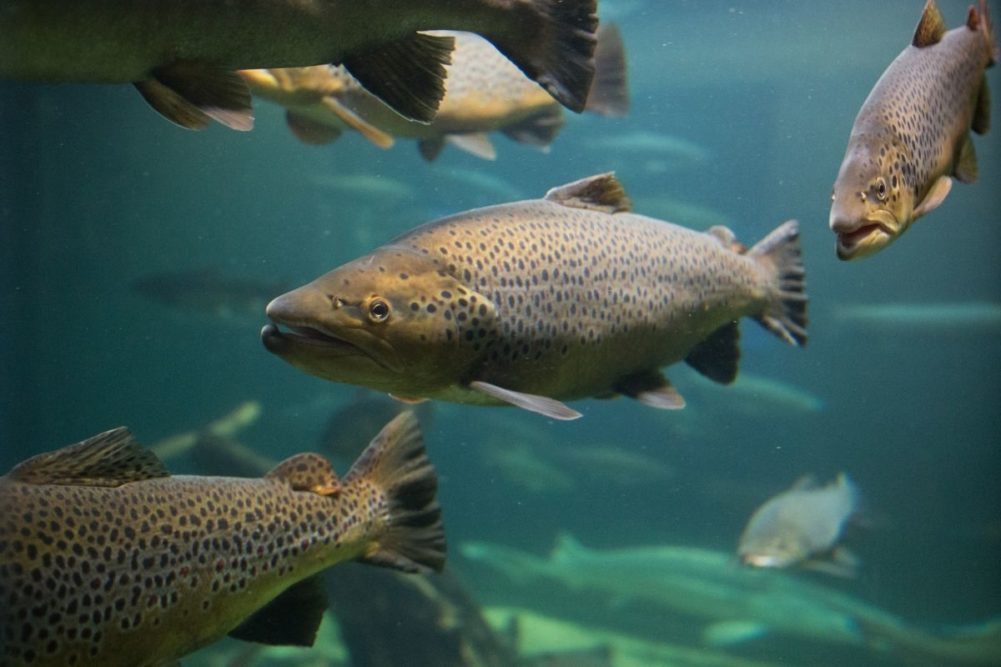DIRDAL, NORWAY — The Cargill Innovation Center in Dirdal, Norway, has expanded one of its two research locations from 4 to 12 cages with a NOK 15 million ($1.36 million) investment that significantly increases the capacity to conduct field trials on salmon feed and contribute to a national focus on sustainable feed.
In step with this expansion, the total biomass ceiling has received approval to increase from 910 tonnes to 1,400 tonnes. Although the total allowed biomass for both sites is unchanged at 1,560 tonnes, the increase will mean significantly better flexibility in how feed and feeding trials are run. The other sea site facility already has 12 cages.
“We now have the opportunity to carry out nutritional trials at almost full scale with up to four different feeds simultaneously,” said Terje Utne, who is responsible for Cargill Aqua Nutrition’s field trials in Norway. “This enables more advanced experimental design and a much-improved scientific outcome compared to field trials comparing one test diet to a reference diet. We don’t necessarily get to carry out more trials, but the information from the trials we carry out becomes much more valuable.”
Utne said experiments can now be conducted that explore extremes so that he can model the effects in between. This provides a significantly better starting point for continuously adapting feeds to variations in raw material prices, raw material availability, salmon prices, customer requests and more.
With changes and expansions of the facility, Kjetil Frafjord, who is responsible for day-to-day operations at the site, said he expects improved fish health and welfare. External environmental impacts are expected to be positive with the surface area increasing from 2,300 square meters to 30,000 square meters. With two nearly identical facilities and 24 cages, operations also can be more easily standardized.
Tor Andre Giskegjerde, research and development operation director for Cargill, said the Norwegian government has made sustainable feed a national goal, requiring greater effort and cooperation that Cargill is prepared to meet.
“The Cargill Innovation Center in Dirdal puts a lot of effort into the development of feed with stable and high performance produced from safe raw materials,” Giskegjerde said. “With state-of-the-art facilities and world-class researchers, the innovation center in Dirdal lays the foundation for Cargill to offer its customers advice and fish feed of the highest class. Field trials are the last step in the development that will contribute to new and more sustainable feed for aquaculture in Norway.”





